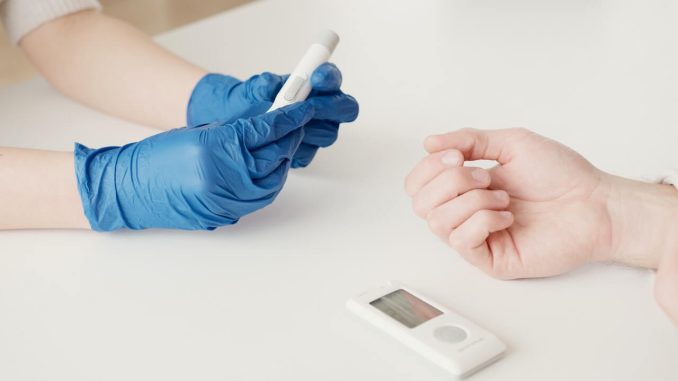
Type 1 diabetes accounts for five to ten percent of diabetes cases in the United States. A person who is diagnosed with type 1 diabetes must receive insulin shots daily in order to live.
Scientists are not exactly sure why the body attacks the immune system and the production of insulin, but it is believed that both genetics and viruses are involved.
Type 1 diabetes is most commonly found in children and young adults, but can appear at any age and symptoms can develop over a short period of time. Symptoms include increased thirst and urination, extreme fatigue, weight loss, and constant hunger.
If a person with type 1 diabetes is not diagnosed and treated with insulin, there is a risk of that person slipping into a diabetic coma that may prove life-threatening.
The key when first diagnosed with type 1 diabetes is to arm yourself with information. Being diagnosed is not the end of the world. In fact, most people go on to live normal, healthy lives as long as they stay aware of their condition and continue to treat it.
After being diagnosed with diabetes, it is important to maintain your general health paying special attention to the care you give your eyes, feet, and skin as well as your heart and oral health.
This basic care could prevent complications brought on by diabetes later in life. Other recommendations are to stop smoking and reduce the amount of alcohol you consume.